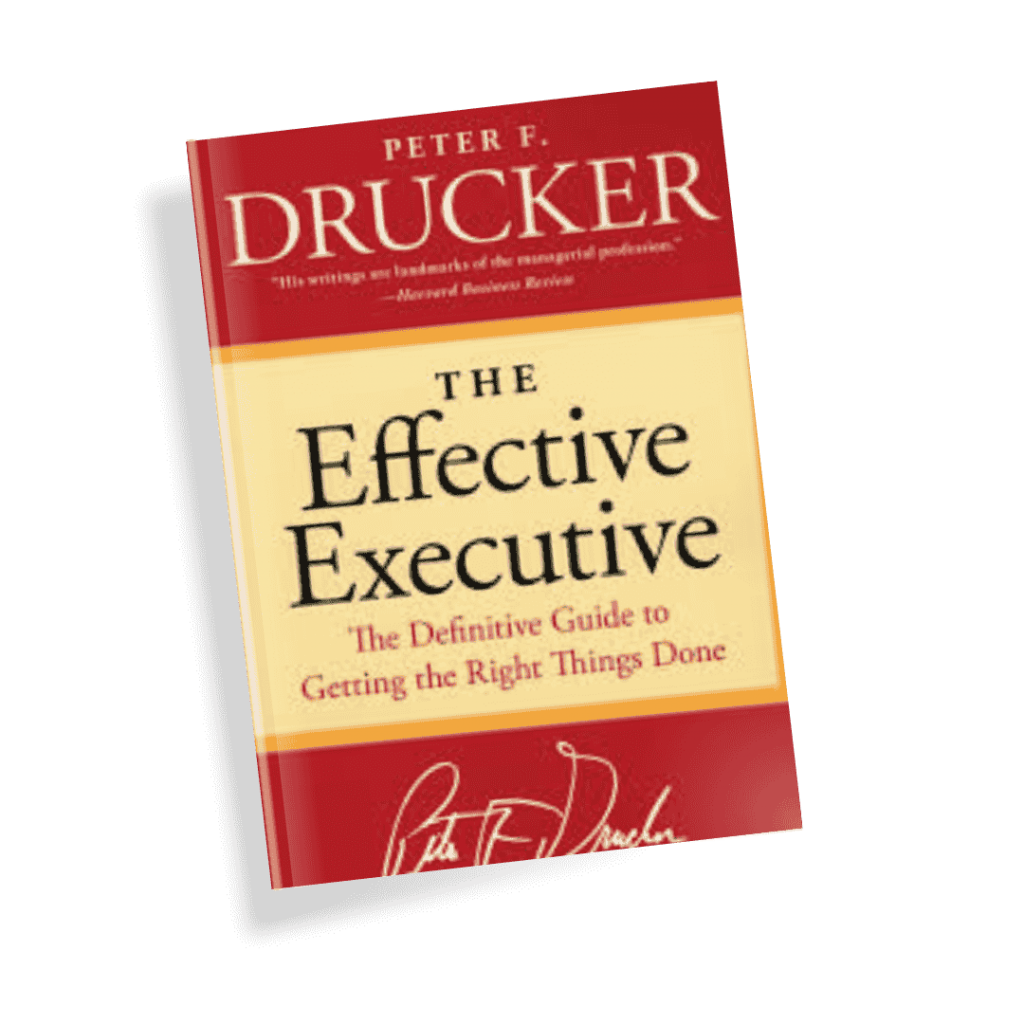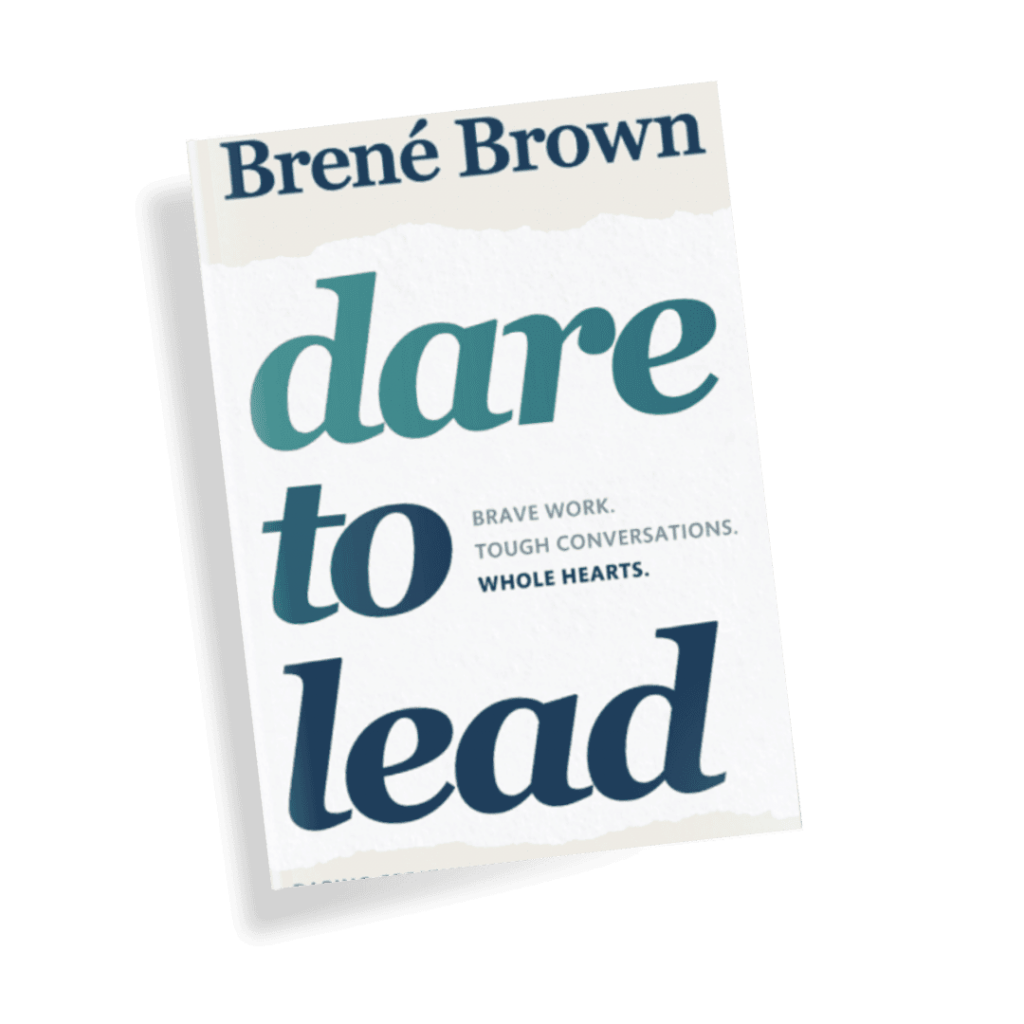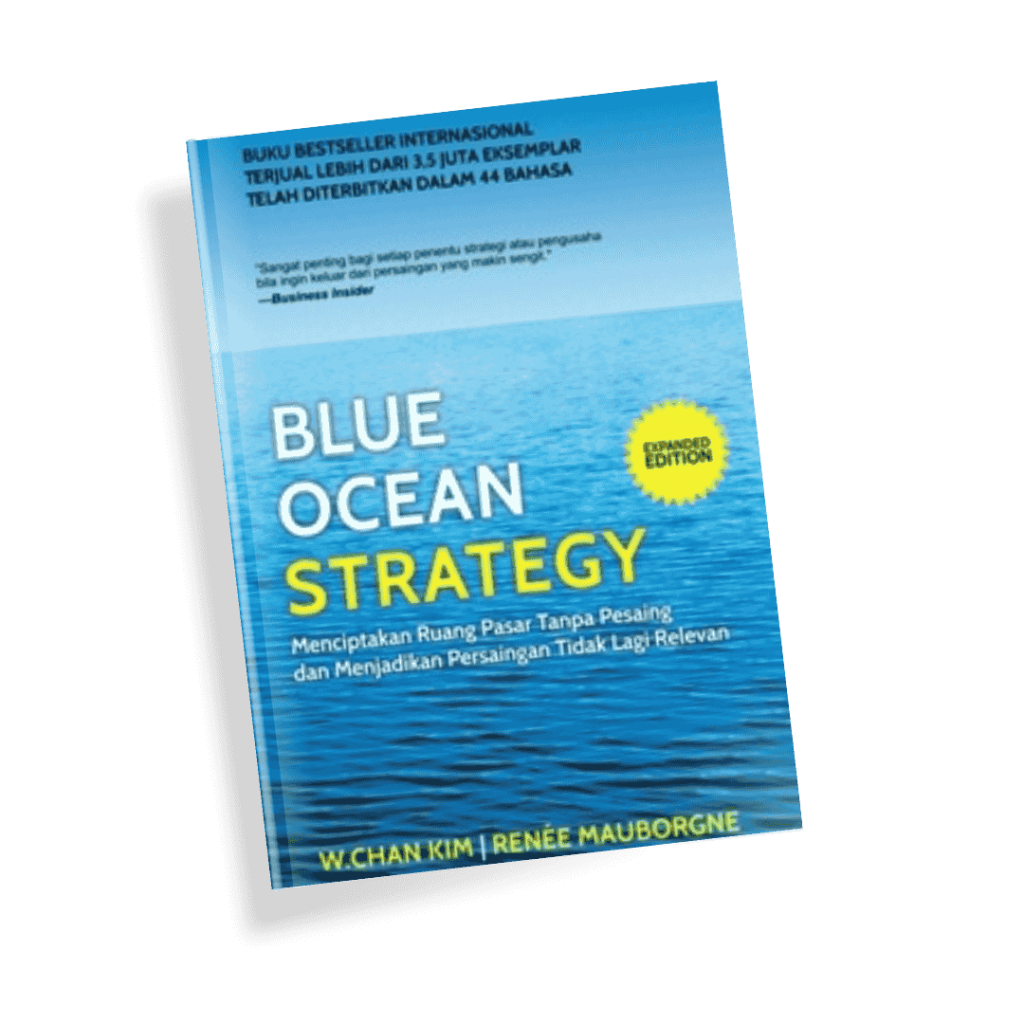The Effective Executive by Peter F. Drucker
July 23, 2024 2024-11-04 10:24The Effective Executive by Peter F. Drucker
Lead with Impact
Key Lessons from The Effective Executive by Peter F. Drucker

Intelligence, imagination, and knowledge are essential resources, but only effectiveness converts them into results.
Peter F. Drucker
9 Key Takeaways from the Book
Lead by Example
To inspire others, executives must first focus on their own development. Effective leaders assess their strengths and weaknesses, seek feedback, and strive to set an example of performance and accountability for their teams.
Make Decisions with Confidence
Leaders need to make decisions confidently, even in the face of opposition. Drucker suggests asking whether a choice is essential and if the benefits outweigh the costs. Once made, decisions should be implemented with consistency.
Play to Strengths
Effective executives focus on strengths—both their own and those of their team members. Assign tasks based on individual skills, ensuring people work in areas where they excel, rather than trying to correct weaknesses.
Time is Your Most Valuable Resource
Time management is crucial for effectiveness. Drucker advises executives to track their time carefully, eliminating low-value activities and prioritizing tasks that drive results.
Set Clear Priorities
Clarity in priorities ensures that an organization is focused on its most impactful goals. Drucker emphasizes that executives should identify and concentrate on high-impact activities rather than being distracted by non-essentials.
Focus on Contribution
Effective executives focus not just on tasks but on the contributions, they make to the overall organization. This outward focus drives purposeful work that aligns with the company’s mission and goals.
Build a Culture of Responsibility
Drucker encourages leaders to instil a culture of accountability, where team members take ownership of their roles and contribute to the organization’s success.
Leverage People’s Unique Talents
Instead of viewing employees as interchangeable, Drucker advocates recognizing each person’s unique strengths. Tailoring tasks to individuals’ skills boosts morale and performance.
Adapt and Improve Continuously
Executives should regularly evaluate their own effectiveness and seek opportunities for improvement. Being open to learning and adapting strengthens leadership skills and helps executives stay relevant.

Executive Success = Confident Decision-Making + Time Management + Strength-Based Teamwork
Effective leadership means making clear decisions, focusing on strengths, and using time wisely. A true leader turns potential into results by leading with intention.
– Coach Ramesh S
Effectiveness is not a gift, but a practice
– Peter F. Drucker
Summary Note
The Effective Executive by Peter F. Drucker provides a blueprint for leaders seeking to maximize their impact. Through clear priorities, confident decisions, and a focus on strengths, executives can build effective, results-driven organizations that achieve lasting success.
Explore More

For More Details
Ready to elevate your business? Our tailored coaching programs help entrepreneurs unlock their potential and achieve sustainable growth. Start with a free strategy session to discover your roadmap to success!


